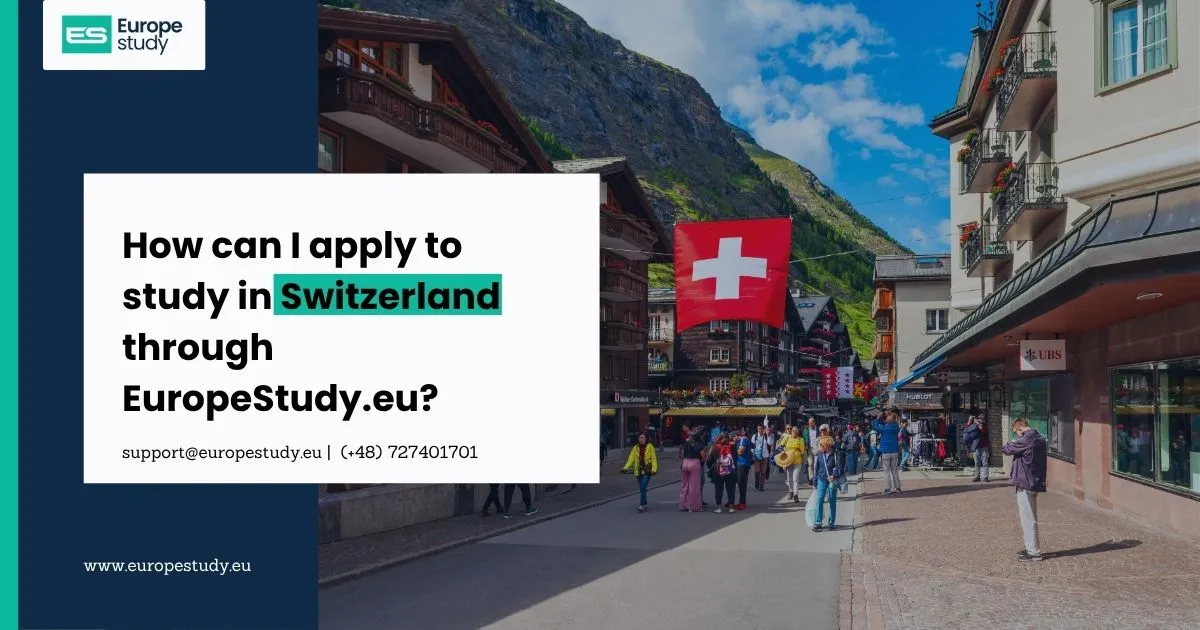
Can I stay in Europe after my studies?
For many international students, the dream of studying in Europe doesn’t end at graduation. The good news is that staying in Europe after your studies is often possible, but the options and requirements vary depending on the country and your personal situation.
Many European countries have introduced post-study work pathways, allowing graduates to gain work experience, search for jobs, and even transition to longer-term residence permits. Here's a closer look at what you need to know:
Post-Study Work Opportunities in Europe
Several European countries have formalized post-study visa or residence options for international graduates:
-
Germany:
Offers an 18-month residence permit to graduates of German universities, allowing them to stay and look for employment in their field of study. -
United Kingdom:
Under the Graduate Route, international students can stay in the UK for two years after completing a degree, or three years for PhD graduates, to work or seek employment. -
Other EU Countries:
Countries like the Netherlands, Sweden, France, and Spain also offer similar post-study schemes, though the duration and conditions vary. Most require that your degree was completed at a recognized institution within the country.
Key Considerations for Staying After Graduation
1. Country-Specific Rules
Each country has its own immigration and visa policies. Some are more generous than others when it comes to post-study work rights, so it’s important to check the latest regulations of the country where you plan to stay.
2. Job Search Requirements
In many cases, you’ll need to find relevant employment in your field of study to extend your stay beyond the post-study period. Some countries may also have minimum salary thresholds or employment conditions for work visas.
3. Language Skills
While many European cities offer English-speaking job opportunities, learning the local language can significantly improve your chances of employment and integration, especially in non-English-speaking countries.
Pathways to Long-Term Stay
EU Blue Card
The EU Blue Card is a residence permit for highly skilled non-EU workers. It allows you to live and work in an EU country and even move more easily between member states. To qualify, you typically need a higher education degree, a job offer, and a minimum salary level.
Permanent Residency
After several years of legal and continuous residence, many European countries allow you to apply for permanent residency or long-term EU resident status, offering even more stability and freedom of movement.
Staying in Europe after your studies is a realistic and rewarding goal—but it requires advance planning and a good understanding of local immigration laws. Start researching your options early, and don’t hesitate to seek advice from:
-
Your university’s international office
-
Local immigration authorities
-
Trusted study abroad consultants
With the right approach, your European education can be just the beginning of a longer and exciting international journey.





